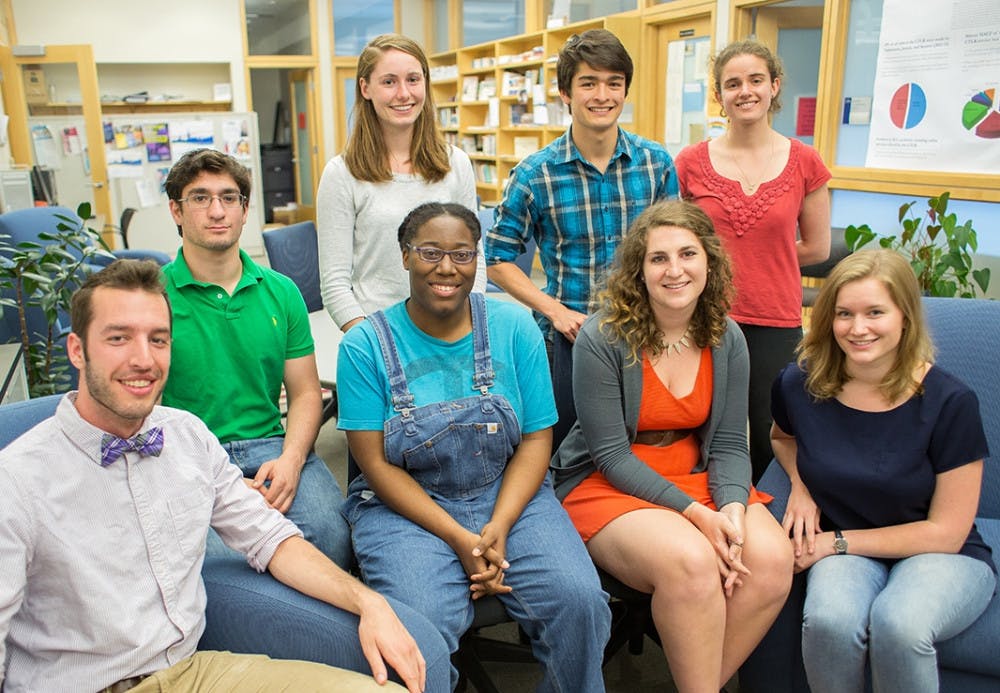For the 2014-2015 grant year, Middlebury was ranked sixth on the Fulbright U.S. Student Program Top Producing Institutions list for liberal arts colleges with 12 recipients, a College record. These numbers were likely higher than past years due to an increase in application volume, according to Associate Dean for Fellowships and Research Lisa Gates.
Yearly applications from Middlebury students have tripled, from 13 applicants in 2008 to almost 40 in 2014. This year, Middlebury had about 10 fewer applications.
On Middlebury’s success last year, Gates said, “It’s about increasing the pool; it’s about getting more students interested in applying and doing that work. That’s really the secret … We’re getting more students who are strongly motivated to do this and have good, relevant experience, whether it’s in the realm of teaching, tutoring, mentoring or research. We’re getting more students interested in applying, and that will, over time, increase the number of successful grantees we get.”
Gates went on to remark that because many Middlebury students choose to study abroad, their experiences prepare them well for the realities of a Fulbright.
“Students also spend time abroad through Middlebury programs where they are very much challenged to integrate into the host culture. It’s a highly immersive experience and I think our students take that very seriously.” She added that taking classes in a host university and doing research in a second language “are extremely important experiences in terms of preparing students to be successful in preparing for a Fulbright because they’ve done something similar at a smaller scale,” she said.
Hannah Postel ’13 looked at the Fulbright Program as an opportunity to further her studies and pursue an interest in international development. She traveled to Zambia after graduation to study the Chinese migration there.
“[The Fulbright] helped me to push beyond what I had learned into something I was very interested in but was too narrow to be taught at school… While I spent most of my time on my own research (interviews, compiling a dataset of visa records from the immigration department, archival work, etc.) I also interned part-time with the research NGO Innovations for Poverty Action to make the most of my time in-country and learn more about pure development work,” Postel wrote in an email.
Both Gates and Postel urged students to apply to the program if they have even the slightest interest. “[The Fulbright Program] is an incomparable opportunity. It doesn’t hurt to apply. While it’s definitely a competitive process, the application is actually not that long and involved, and most decisions are made on a country-by-country basis,” Postel said.
The Fulbright program was created by the U.S. Congress in 1946 “to foster mutual understanding among nations through educational and cultural exchanges” and is as prestigious as it is competitive – thousands of U.S. students and scholars compete for the roughly 2,800 grants designated for U.S. citizens.




